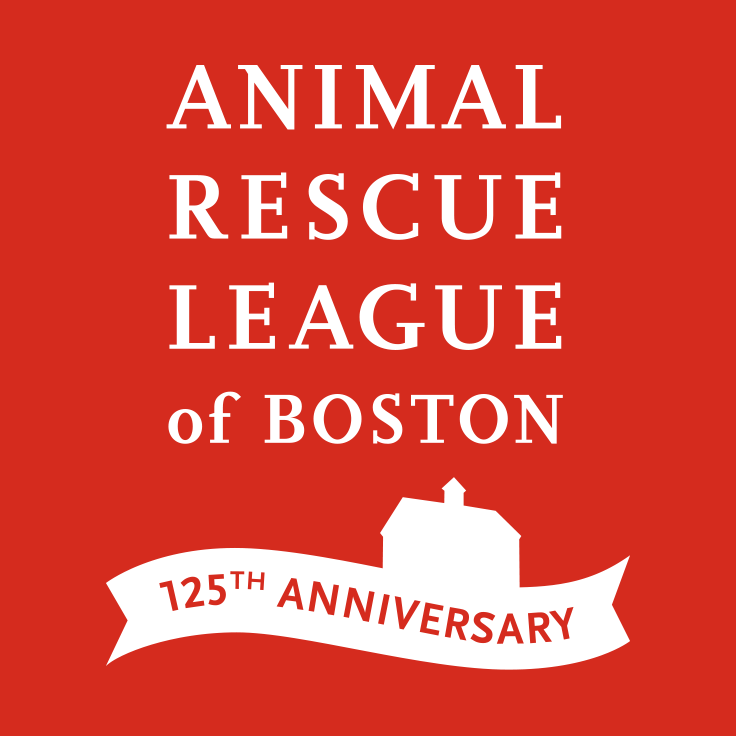Carriage Horses
The Animal Rescue League of Boston (ARL) does not support the use of carriage horses who live or work in urban-like conditions.
ARL founder Anna Harris Smith established the ARL in 1899 in part because of her witnessing the mistreatment of working horses in the city of Boston. Anna Harris Smith’s understanding of the mistreatment of horses occurred during a time in history when the city of Boston was not nearly as congested with motor vehicle or pedestrian traffic as it is today.
Carriage horses were once necessary for people to be mobile in society. Currently they are used for, among other things, weddings and city tours. Now that people have other forms of transportation, the historical tradition of carriage horses does not outweigh the suffering imposed on the animals.
Urban-like conditions are dangerous and are not humane and proper environments for carriage horses. The animals often develop lameness from walking on hard surfaces, such as asphalt. They are subject to developing respiratory ailments from breathing in exhaust fumes and air pollution. Animals have collapsed from heatstroke and suffered irreparable harm or have died from weather extremes.
In especially busy settings, the animals must dodge motor vehicle traffic, pedestrians, and bicyclists. Horses operate on a keen flight response. As such, these animals are easily startled and may run wild. There are recorded instances in which horses have injured humans or have been hit by motor vehicle operators.
Because it is not cost-effective to keep animals who can no longer physically provide carriage horse rides, the animals who survive the practice may be sent to slaughter.
Therefore, the ARL does not support the use of carriage horses who live or work in urban-like conditions.
The Animal Rescue League will:
- Support measures to prohibit the use of carriage horses in dangerous urban-like conditions;
- Support and encourage the retirement of carriage horses in a permanent home;
- Support measures for proper equine care and protection;
- Encourage public awareness of the issues involved with animals currently or historically used in the carriage industry;
- Encourage the use of alternatives such as pedicabs or electric vehicles;
- Encourage the public to visit carriage horse museums or other forms of education to learn more about the outdated practice and its former place in society;
- Support or oppose laws or measures based upon the best interest of the animals; and
- Take steps to encourage that the animals are afforded the “Five Freedoms” (freedom from hunger and thirst; freedom from discomfort; freedom from pain, injury or disease; freedom to express normal behavior; and freedom from fear and distress).
Click here to read more ARL Policy and Position Statements.
